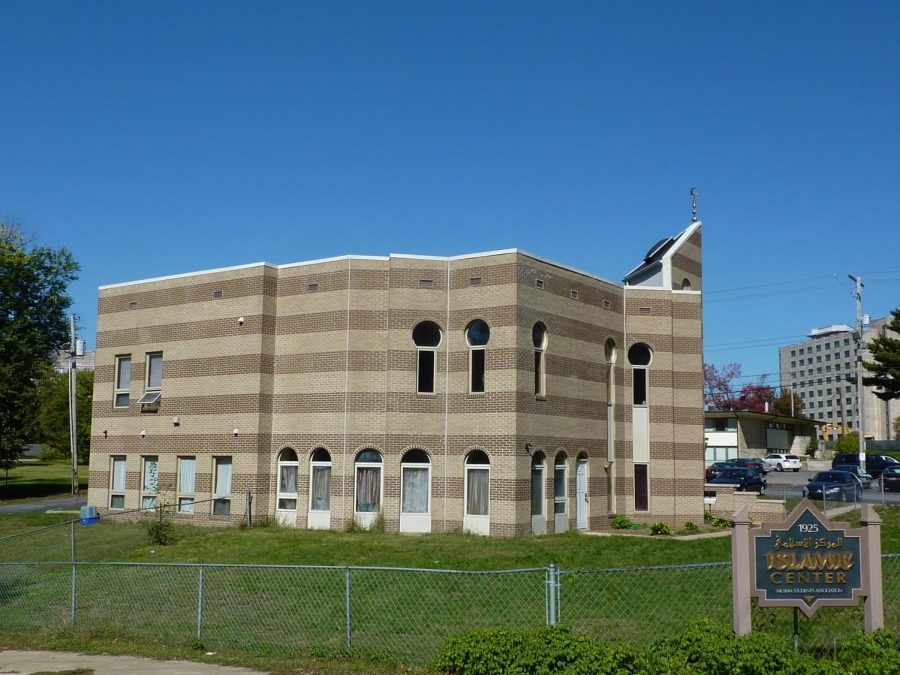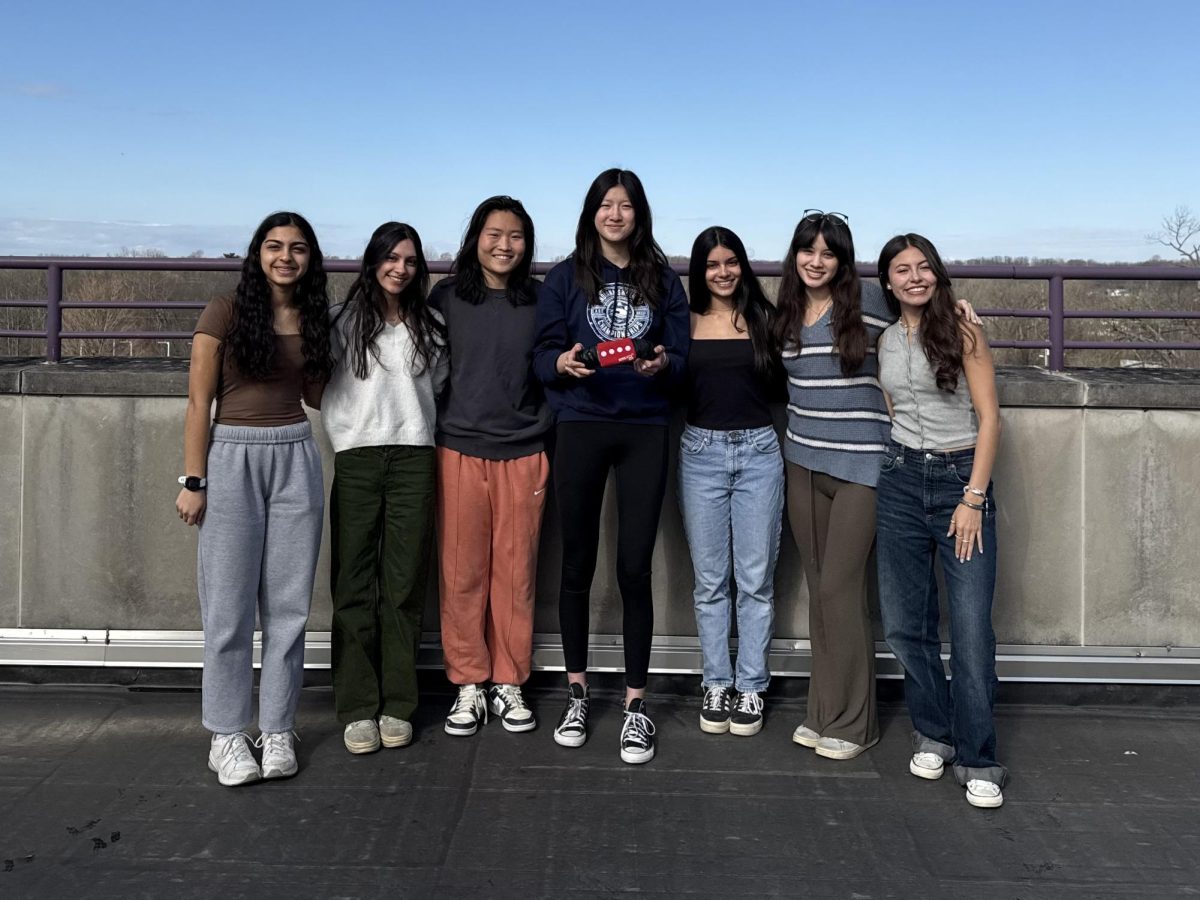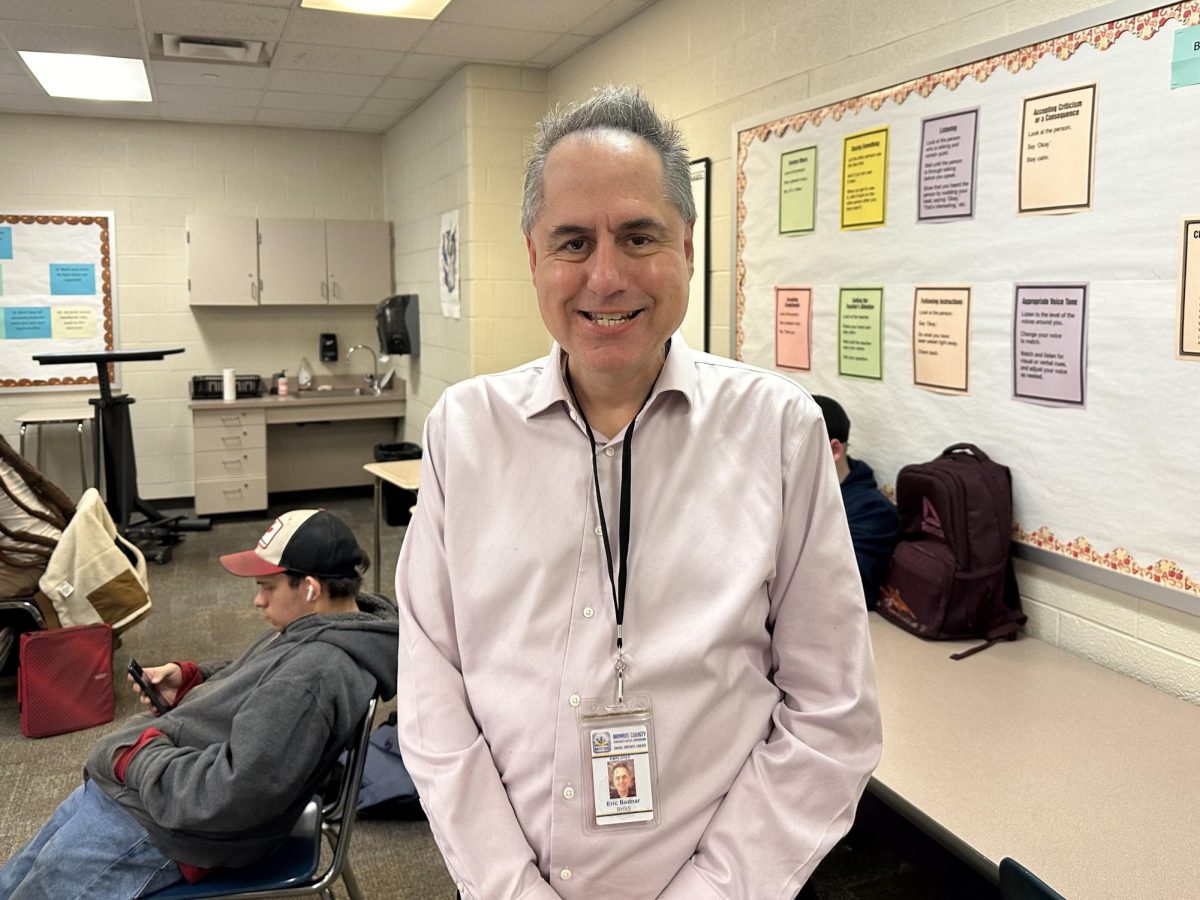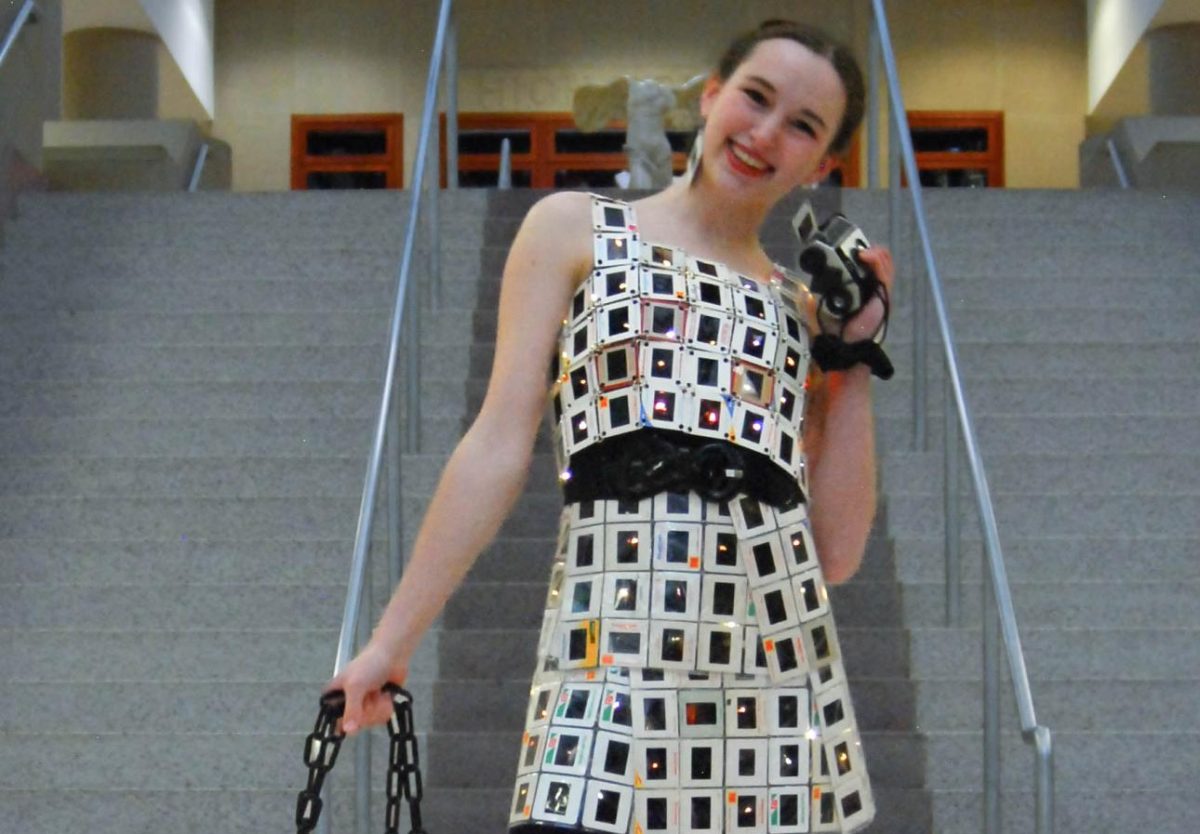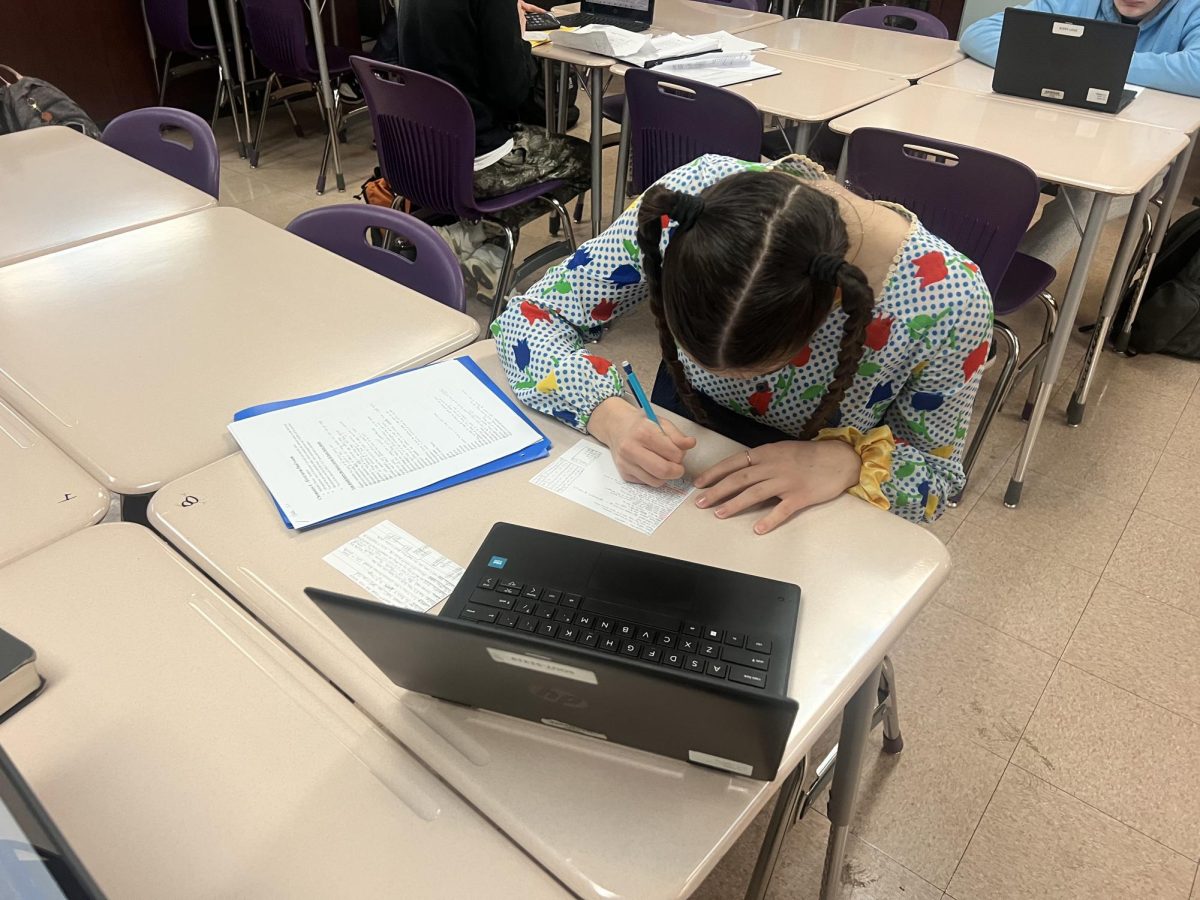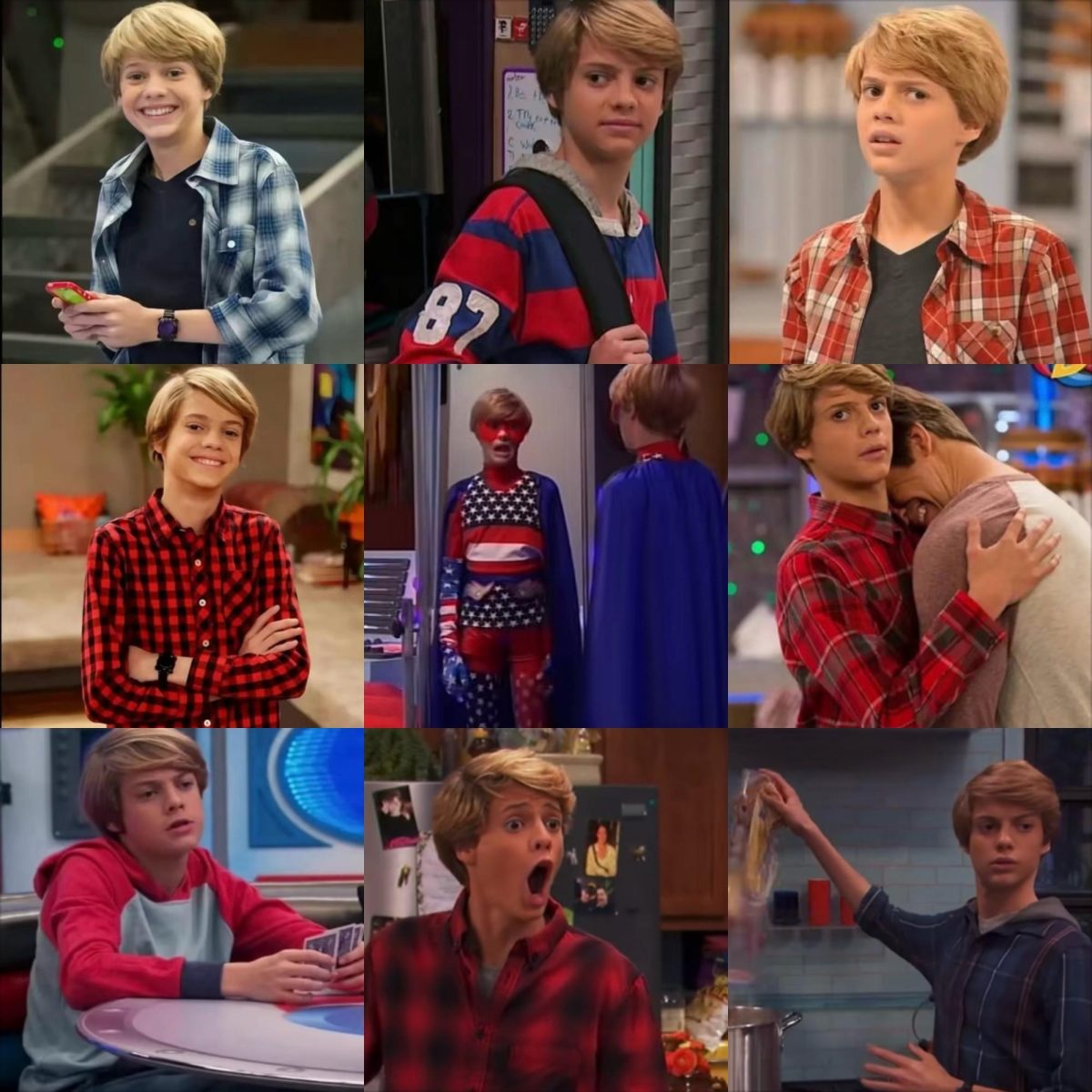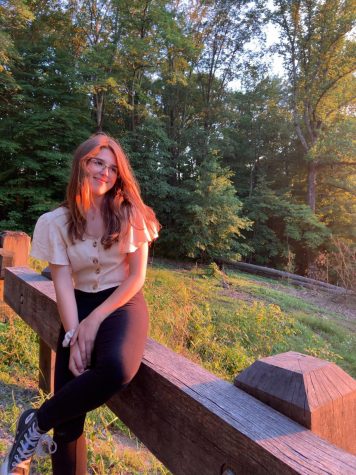On a gloomy March night in Bloomington, 200 people from all backgrounds and religions came together to honor the Muslim community. Presented by the Islamic Center of Bloomington, this open vigil stood as a place of togetherness, imploring the community to “[move] forward as one…united against bigotry and hate”, as written in the ‘Memorial for Christchurch Victims’ pamphlet.
The memorial gathering came a week after two mosque shootings in Christchurch left 51 Islamics of New Zealand dead, shocking the nation and the world. As one of the world’s safest countries, New Zealand has not experienced a terrorist attack since 1985. It has been inferred that the shooter, an Australian man, actively targeted Christchurch as a place of peace and acceptance in order to carry out his isolated act of terrorism and radical white supremacy.
Since the devastating incident, New Zealand has not only been making headlines for the sheer horror of the attack but also because of the national government’s distinct and honorary approach to the aftermath of a terror act. Compared to the U.S., where one or more mass shootings happen daily according to the ‘New York Times’, New Zealand has banned all automatic guns within 10 days of the shooting under the leadership of Prime Minister, Jacinda Ardern.
The Prime Minister made a powerful speech on March 19 condemning the actions of the Christchurch shooters and vowing to never speak his name.
“He is a terrorist…. but he will, when I speak, be nameless,” Ardern said. “He may have sought notoriety, but we in New Zealand will give him nothing. Not even his name.”
On Sunday night, The Islamic Center of Bloomington acknowledged her far-reaching empathy; Ardern will be covering the costs of all victims’ funerals and has taken “resolute action” to ban guns within the country.
The memorial at the Islamic Center of Bloomington honored those lost in the Christchurch shootings and rebuked the ideology behind the attack, but the perpetrator was never mentioned once.
Perhaps the most inspiring part of the memorial service was the overwhelming diversity in attendees. Rabbi Brian Besser of Congregation Beth Shalom and Pastor Bob Whitaker of the Evangelical Community Church were not only present, but they also made strong and compassionate speeches alongside their Muslim “sisters and brothers.” With the President of the Islamic Center of Bloomington, Chabane Maidi, the three religious leaders had vowed to stand together.
“When one community is attacked, it feels like an attack on us as well,” Besser said, referring to the “shared roots” of Islamophobia and anti-Semitism.
“There is no room in our hearts for racism,” Whitaker added.
President of the IU Muslim Student Association, Lume Khabbaz, made a speech admiring how an act of terror meant to separate and dissociate Muslims only brought the community closer together.
“Love will always bring us together,” she said.
The night ended together, as the Islamic Center provided traditional food and drink to all those at the memorial and encouraged them to ask questions and get to know one another. They invited all to join in the Maghrib (Sunset) Prayer if they were willing. Over 200 people of Bloomington stood around the Islamic community that night and proved the strength of our own.
